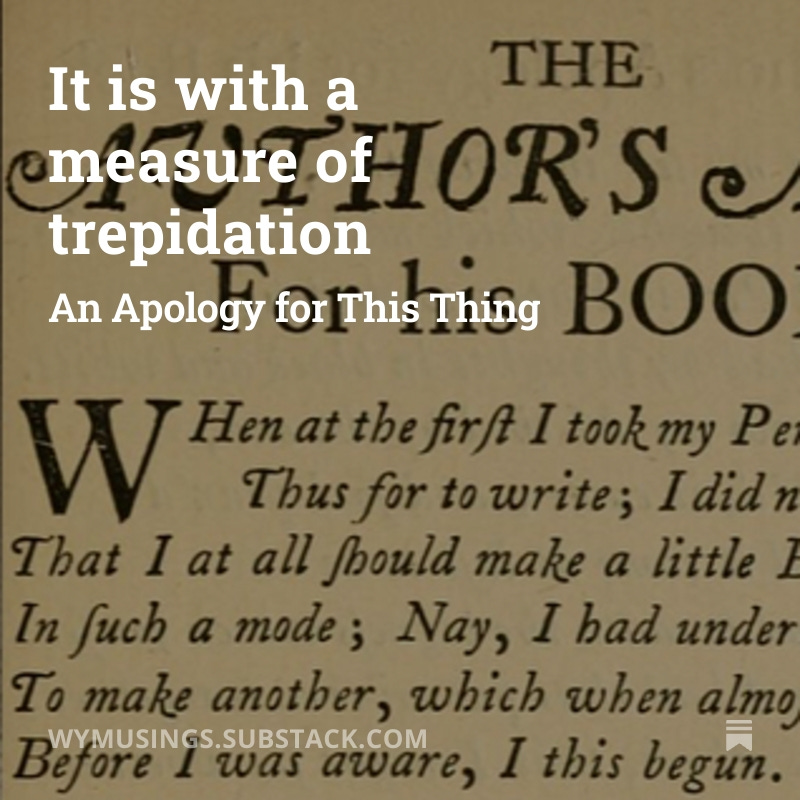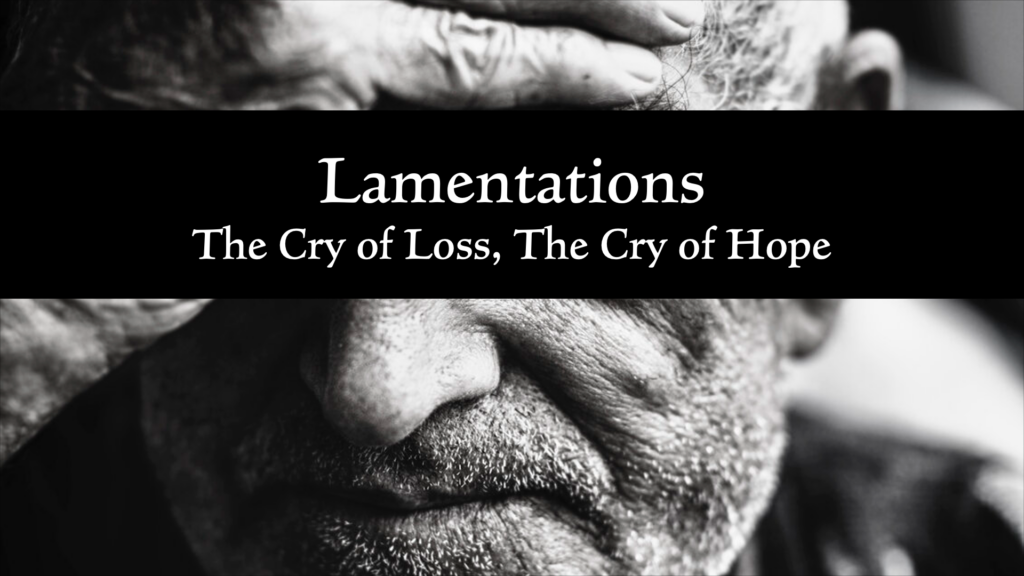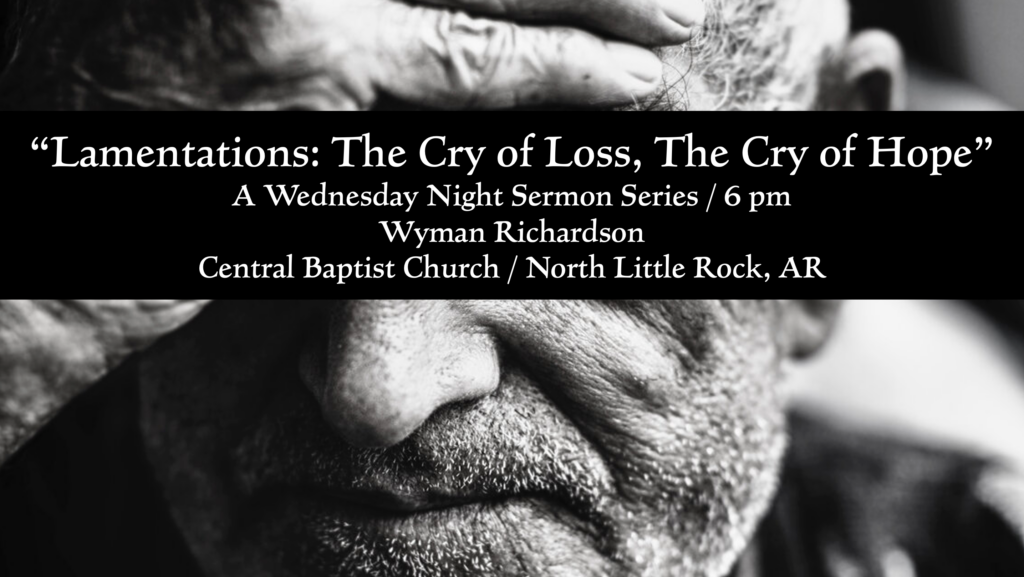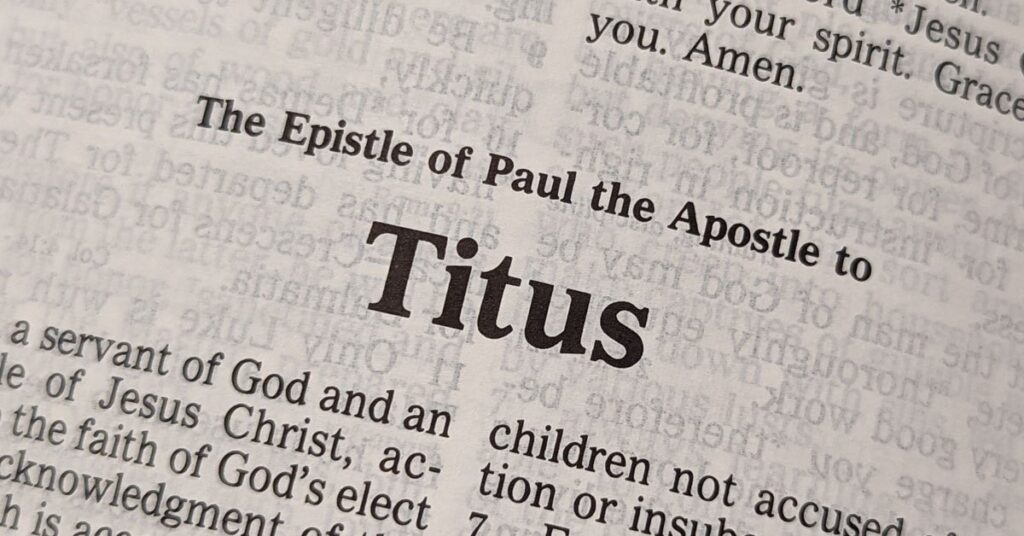
Matthew 16
21 From that time Jesus began to show his disciples that he must go to Jerusalem and suffer many things from the elders and chief priests and scribes, and be killed, and on the third day be raised. 22 And Peter took him aside and began to rebuke him, saying, “Far be it from you, Lord! This shall never happen to you.” 23 But he turned and said to Peter, “Get behind me, Satan! You are a hindrance to me. For you are not setting your mind on the things of God, but on the things of man.” 24 Then Jesus told his disciples, “If anyone would come after me, let him deny himself and take up his cross and follow me. 25 For whoever would save his life will lose it, but whoever loses his life for my sake will find it. 26 For what will it profit a man if he gains the whole world and forfeits his soul? Or what shall a man give in return for his soul?
I was once asked to speak at an associational outreach event at a lake picnic area in Georgia a number of years ago. There were a few of us who spoke and then some folks sang and then some folks shared their testimonies. The people enjoying the lake and picnic area were invited to join us.
One of the speakers was a guy who was a bit older than me. He was a solid guy, a strong guy with big hands. He told his story: how he came to know Jesus and the difference that Jesus had made in his life. At a certain point in his story, he took up a large nail and what looked like a 2×4 board. He began to talk about the cross, about the crucifixion of Jesus. He talked about how Jesus was nailed to a cross of wood, much like the wood that he held in his hand. He held up the large nail and talked about how the nails were driven into the hands and feet of Jesus.
At a certain point, he called two men forward and asked them to hold the board. He told them to brace themselves and to hold the board firmly and outright before them. He then continued to talk about the horror of the crucifixion and how Jesus was nailed to that cross. The two men stood before him, holding the 2×4 out. He, the speaker, held the nail.
He built up to a crescendo and proclaimed, “They took our Savior, and put Him on the cross, and drove nails into His hands! They nailed Jesus to the cross!” And then, he took his hand, the hand with the nail in it, and reared it back, and then brought it forward, slamming it into the board and, to our amazement, driving the nail all the way into the board with his hand until the head of the nail was flush with the board.
In one fast, strong, powerful moment, that man drove a nail through the board with his hand!
He then called those watching to remember the pain that Jesus felt and to give their lives to Jesus!
It was all quite moving and powerfully dramatic. I saw him do that with a nail and a board once again at another event sometime after that.
That was what he would do. That was his great moment of invitation to audiences. He would drive nails through boards with his bare hands. He must have done it countless times.
Some years later I was talking with a friend of mine from that area. I mentioned that story. She remembered the man well. She knows him. She told me that, at one speaking event, he went to do the trick with the nail and the board. Two guys held the board out before them. He reared back his hand with the nail in it. He brought his hand slamming down on the board. But something happened. Maybe the nail hit a knot. Maybe it was something else. Regardless, when he brought his hand down on the board, the nail did not go forward through the board. Instead, the tip of the nail stopped fast on the board and the back of the nail was driven up into and through the man’s hand.
Church, sooner or later, the cross must become real to us. The spectacle of it must become a living reality for us. What happened to that gentleman physically, needs to happen to all of us spiritually! The cross must become real to us.
In Matthew 16, Jesus talked about following His way. What He said was startling:
24 Then Jesus told his disciples, “If anyone would come after me, let him deny himself and take up his cross and follow me.”
Let us consider the place of the cross in walking The Jesus Way.
Continue reading →






